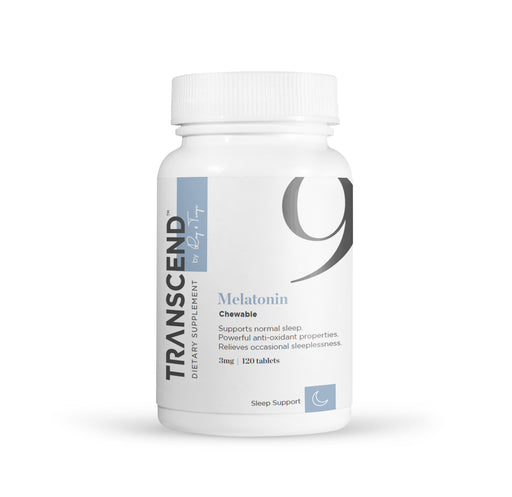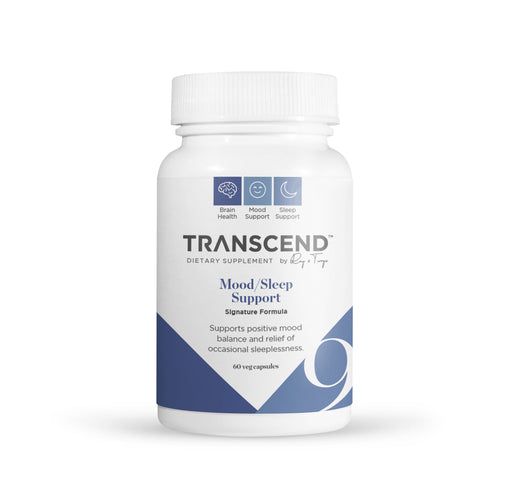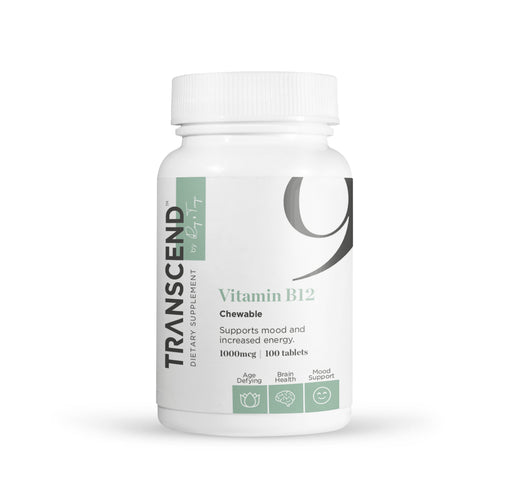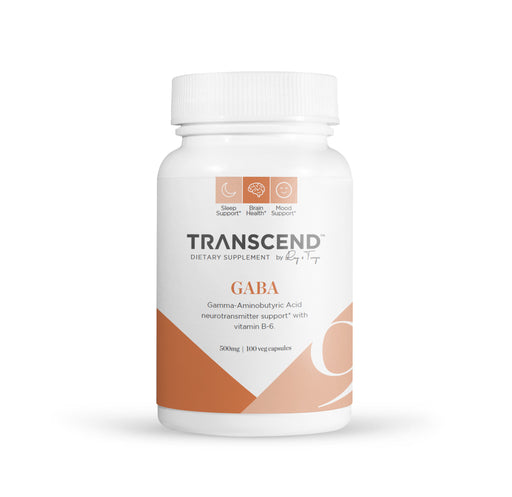
Melatonin
Found to extend the life span of laboratory animals 25 percent4,5,6 Displays powerful anti-oxidant properties7 Shown to stimulate the immune sy...
View full details
Plenty has changed since we first learned about the novel coronavirus COVID-19 in early 2020. More than 200,000 Americans have died, and safety recommendations have shifted as scientists have discovered more about how the virus spreads.
We're all a lot more cautious than when we were first preparing for COVID-19 to arrive, and with each passing month, we've learned more about how to best prepare for and fight the virus.
After more than six months of living in the New Normal, we thought it was time to update with the latest news on COVID-19.
We've grown familiar with Dr. Anthony Fauci, the director of the National Institute of Allergy and Infectious Diseases. His friendly face and reassuring expertise have provided some degree of comfort as we've navigated the uncertain waters of the past few months together.
Recently, Dr. Fauci has advised that a few top vitamins may help boost your immune system and support your general health.
"If you're deficient in vitamin D, that does have an impact on your susceptibility to infection," Dr. Fauci said in a recent Instagram Live chat with actress Jennifer Garner. "I would not mind recommending, and I do it myself, taking vitamin D supplements."
Vitamin D isn't the only recommendation Dr. Fauci made, either. "The other vitamin that people take is vitamin C because it's a good antioxidant, so if people want to take a gram or so of vitamin C, that would be fine," he continued.
It's important to note that while vitamins and supplements alone can't prevent or treat COVID-19, these two top vitamins can help boost your immune system. Of course, before making any changes to your routine, talk to your doctor first.
As we mentioned back in March, zinc plays a vital role in immune function. It helps your body produce white blood cells, which you need to fight off infection.
While zinc's effectiveness in fighting COVID-19 is still being studied, zinc has been shown to decrease inflammation in the upper respiratory tract. If it can do so in the lungs and lower respiratory tract, it may prove a serious contender in the fight against COVID.
The National Institutes of Health (NIH) recommends 8 - 11 milligrams of zinc per day.
The very best way to prevent illness is to limit your exposure. While recommendations have changed over time, the global medical community is united in offering these guidelines
We've all had to get used to masks, but studies have shown that they effectively prevent the spread of infection.
Before you start adding new steps to your wellness routine, make sure you've already taken care of the essentials.
That means getting enough sleep every night, eating a lean and well-rounded diet, and managing your stress.
These simple steps to taking good care of your physical and mental well-being can be challenging at the best of times, but now more than ever, they're crucial.
These are challenging times, but we're all in this together. With any luck, this historic event will soon be in our past.

Found to extend the life span of laboratory animals 25 percent4,5,6 Displays powerful anti-oxidant properties7 Shown to stimulate the immune sy...
View full details
A Kurzweil + Grossman Formula Stimulate serotonin production Improve outlook and mood Support healthy sleep patterns Natural formula for a balanc...
View full details
Increased energy Improve mood Fight fatigue Common deficiency Better absorption Vitamin B12 (also called cobalamin) is one of eight water-solu...
View full details
Improve mood Alleviate anxiety Maintain healthy sleeping patterns GABA ( γ-Aminobutyric acid) is the primary inhibitory neurotransmitter in the ...
View full details